The weight of a ski can definitely affect your skiing, but don’t let it have the final say in what you pick.
Weight differences are (mostly) minimal
I will tell you that any weight difference under 100 grams is not worth considering — that's literally 5 slices of Juicy Fruit. It’s not going to change anything except your mindset.
Here are some good benchmarks for weight (single ski, no bindings):
- Less than 1,600 grams — Ultra-light
- 1,600-1,800 grams — Light
- 1,800-2,100 grams — Normal
- 2,100-2,300 grams — A little beefier
- More than 2,300 grams — Race skis
As you can see, this entire scale only spans 700 grams, or 7 packs of gum, so don’t sweat it too much.
Where and how you like to ski is what counts
Lighter skis will be easier to move and carry. If you find yourself gravitating toward self-propelled adventures like backcountry skiing, then weight becomes a more important piece of the selection equation.
But there’s always a trade-off. A heavier ski tends to handle better in chopped up snow, inspiring greater confidence when you’re sending it off-trail. If the snow where you live is relatively light, like Steamboat’s famous champagne powder, this might not matter as much. But if you’re riding in wetter, heavier snow, like the west coast’s Sierra Cement, then this matters more.
There are 4 other things you need to help you pick the perfect ski
While you’ve got the gears turning, you’ll want to consider a few other important factors to help you choose the right skis, like waist width and ski profile. Check out our How to Pick the Right Ski blog series for the 4 other factors that’ll help you find your dream ski setup.
If you’re stuck in ski selection limbo, no sweat. Send us a message to get support.


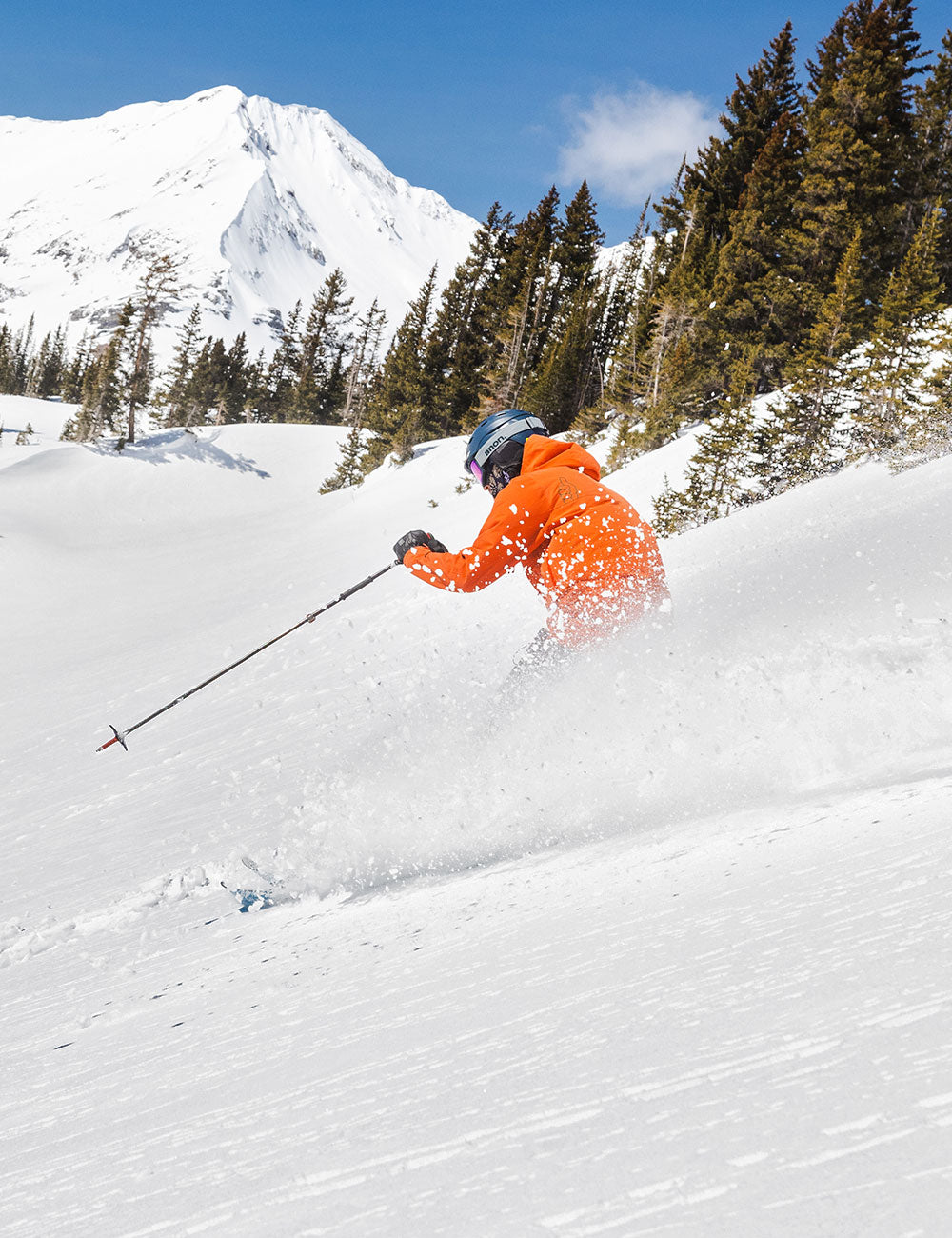
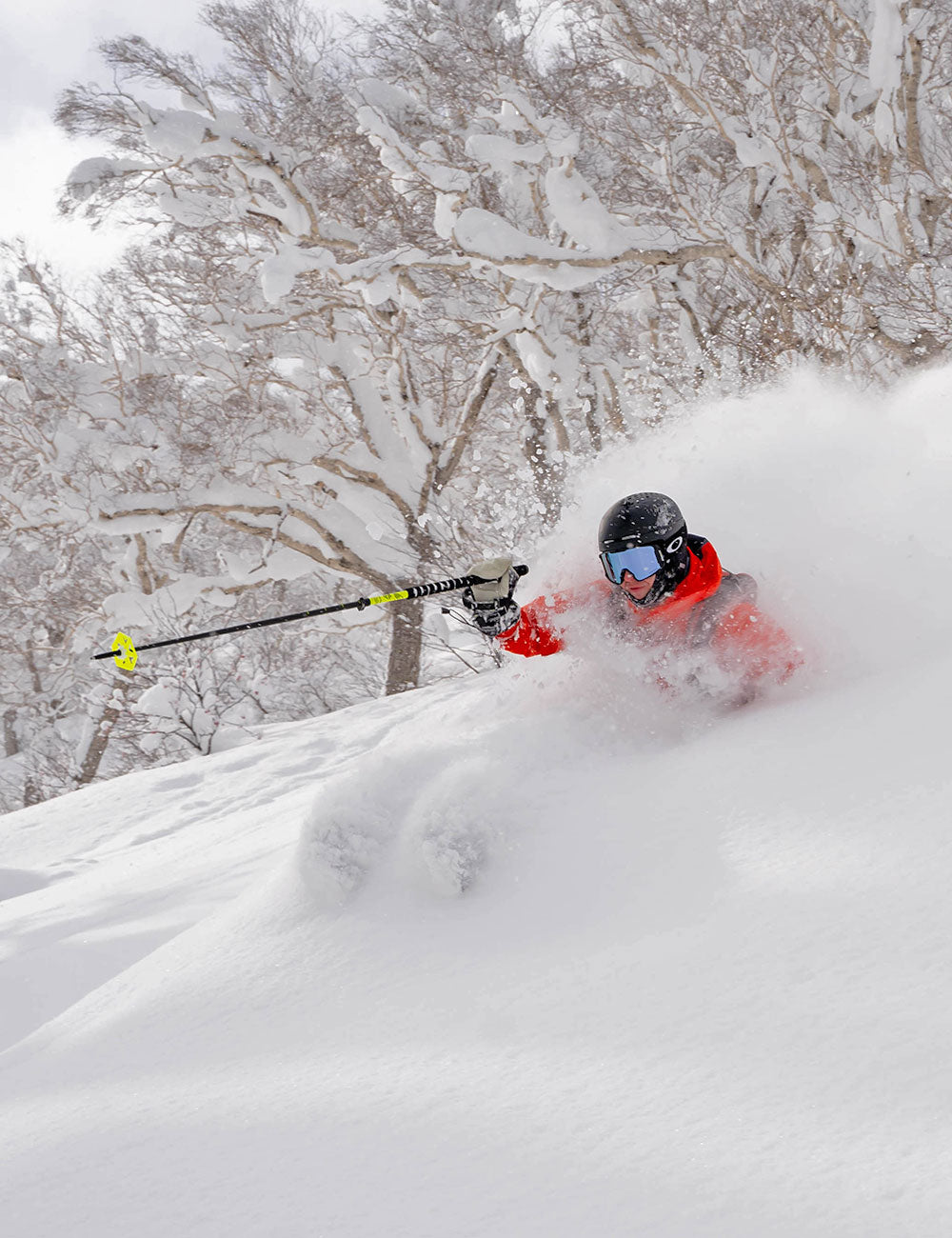
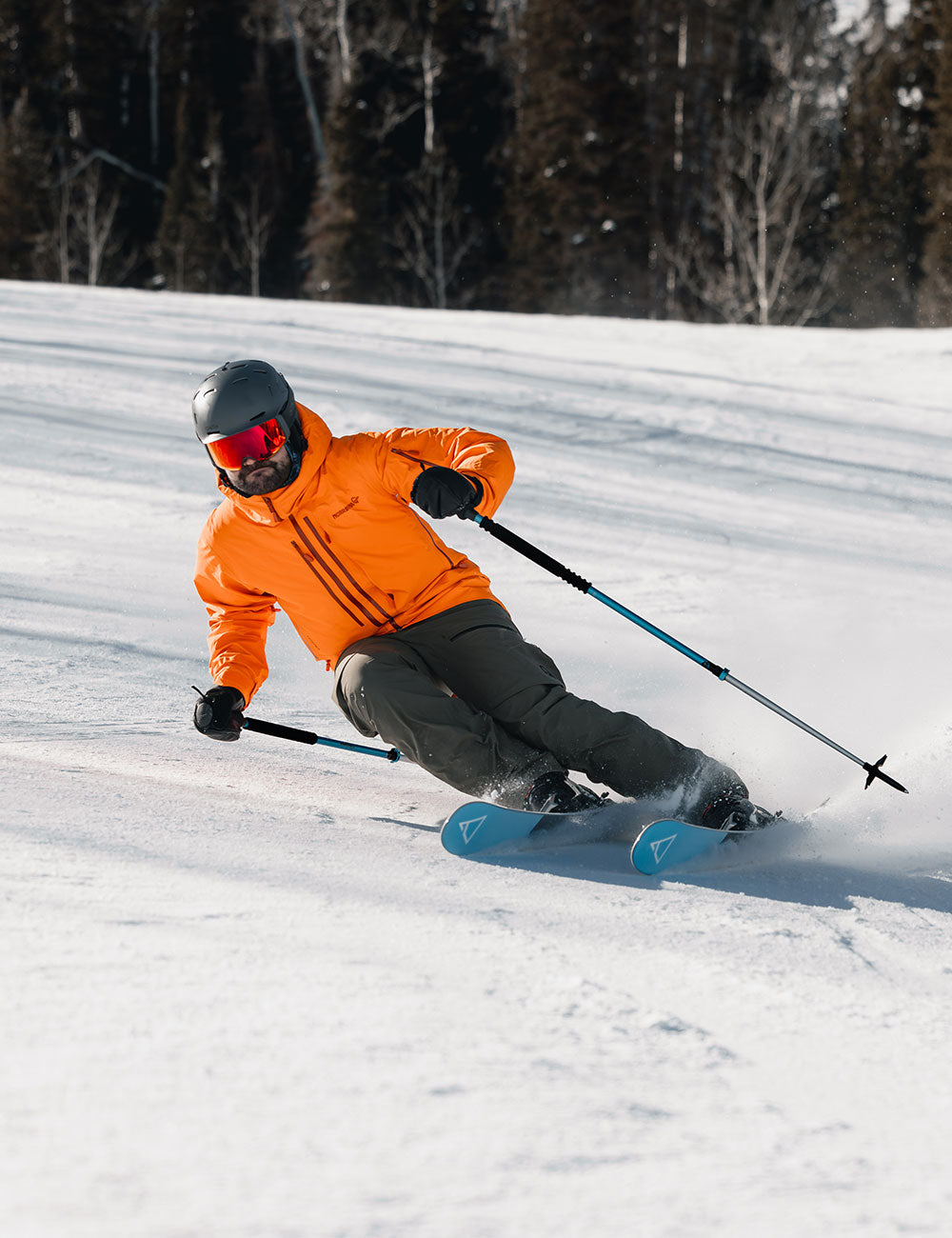

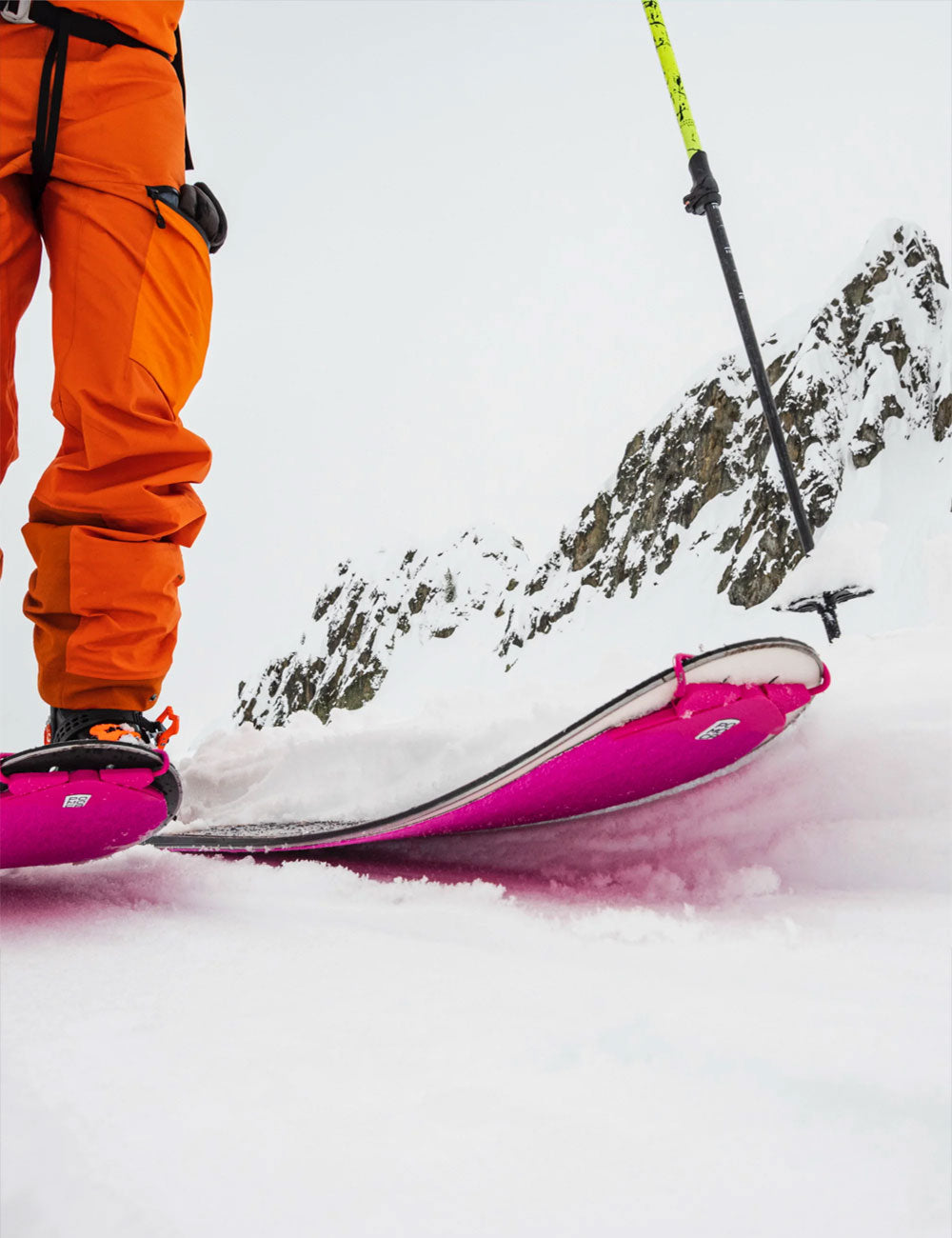

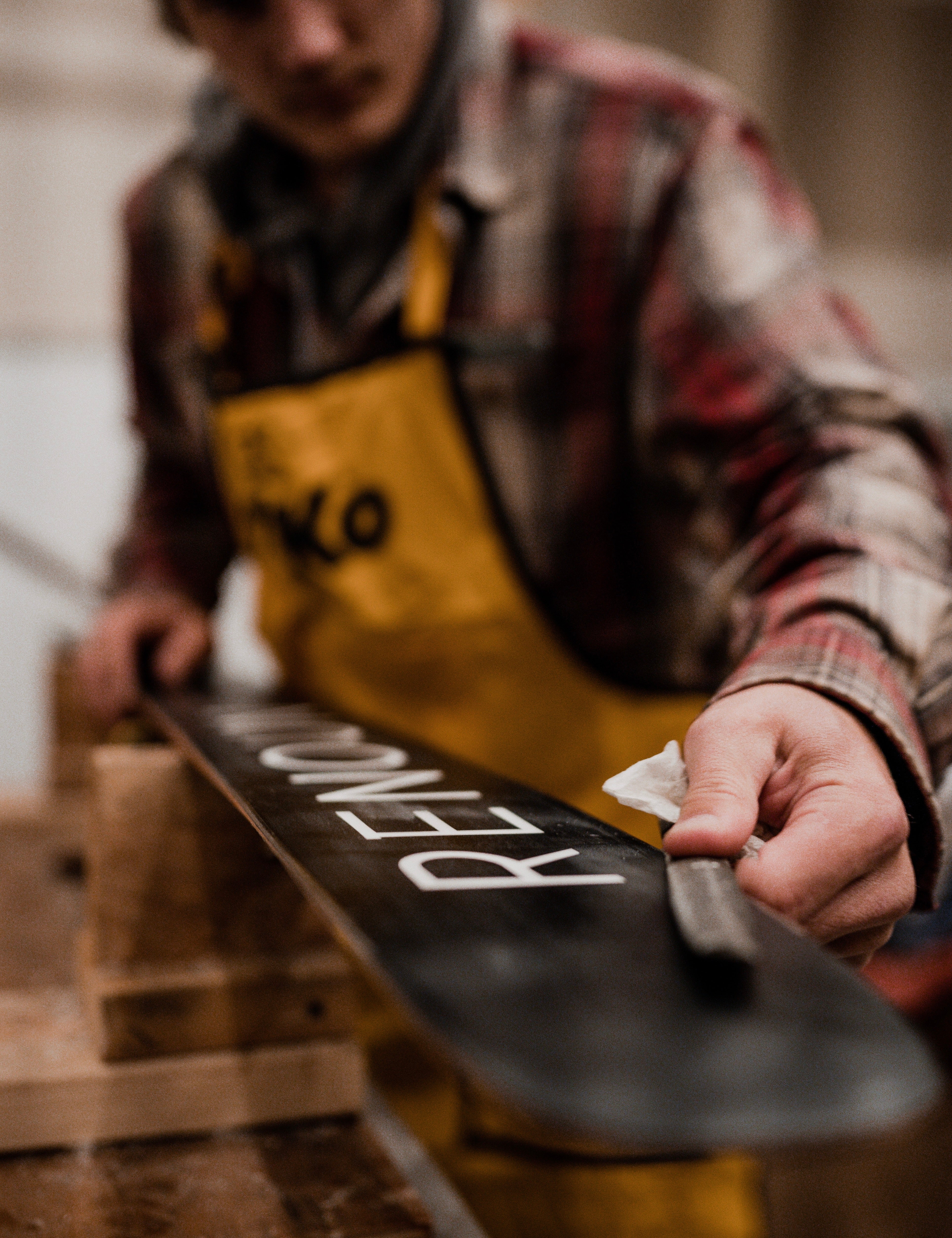
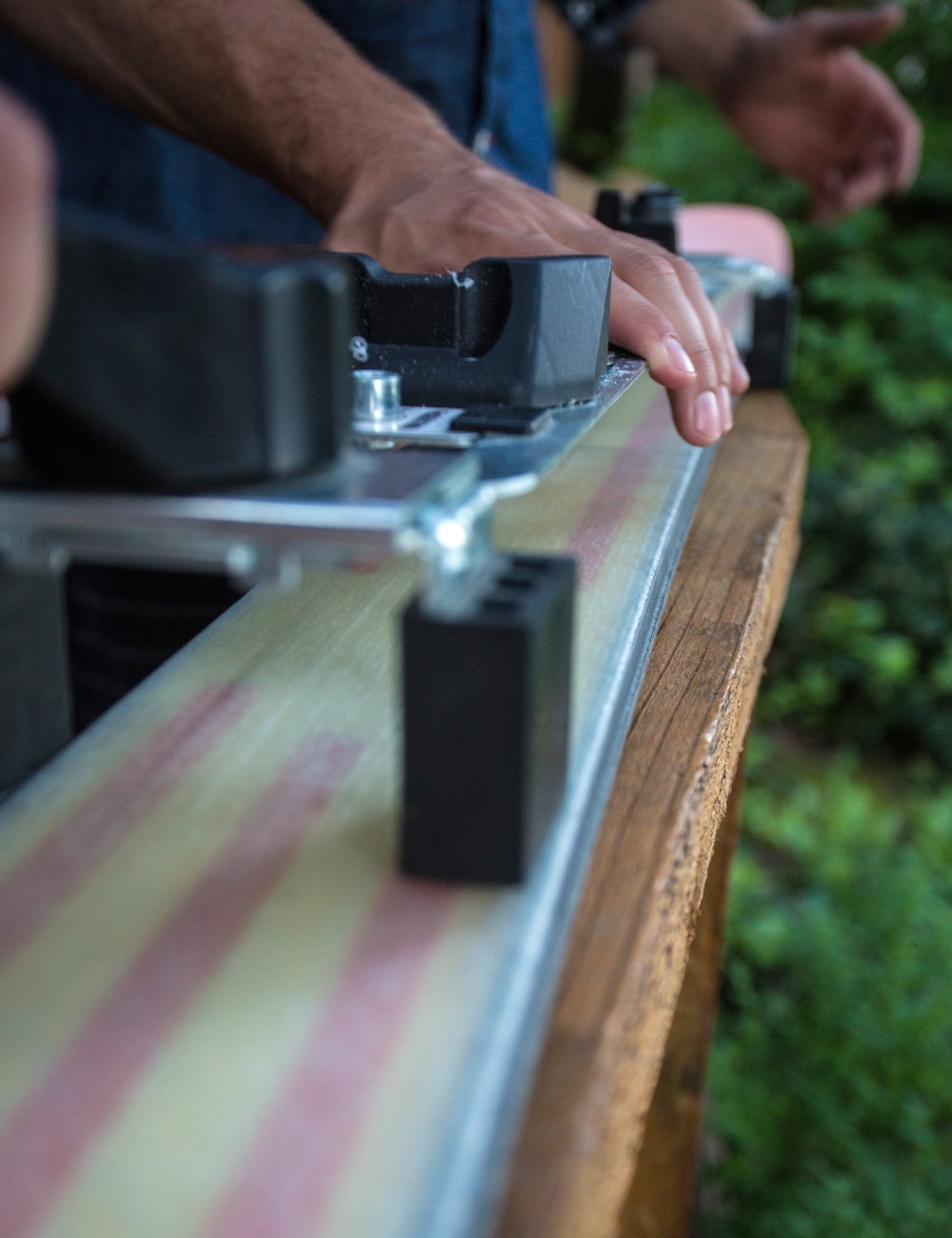
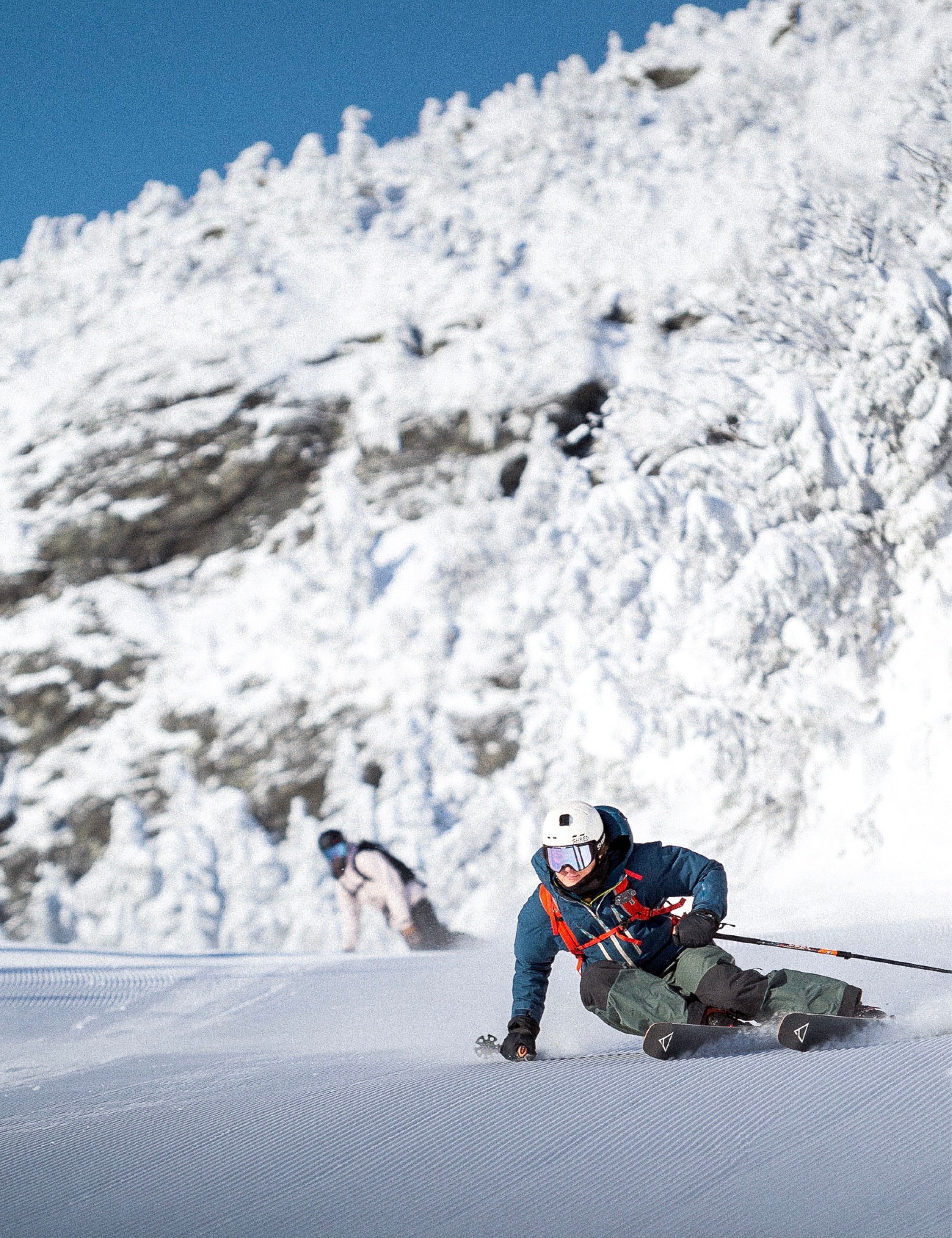
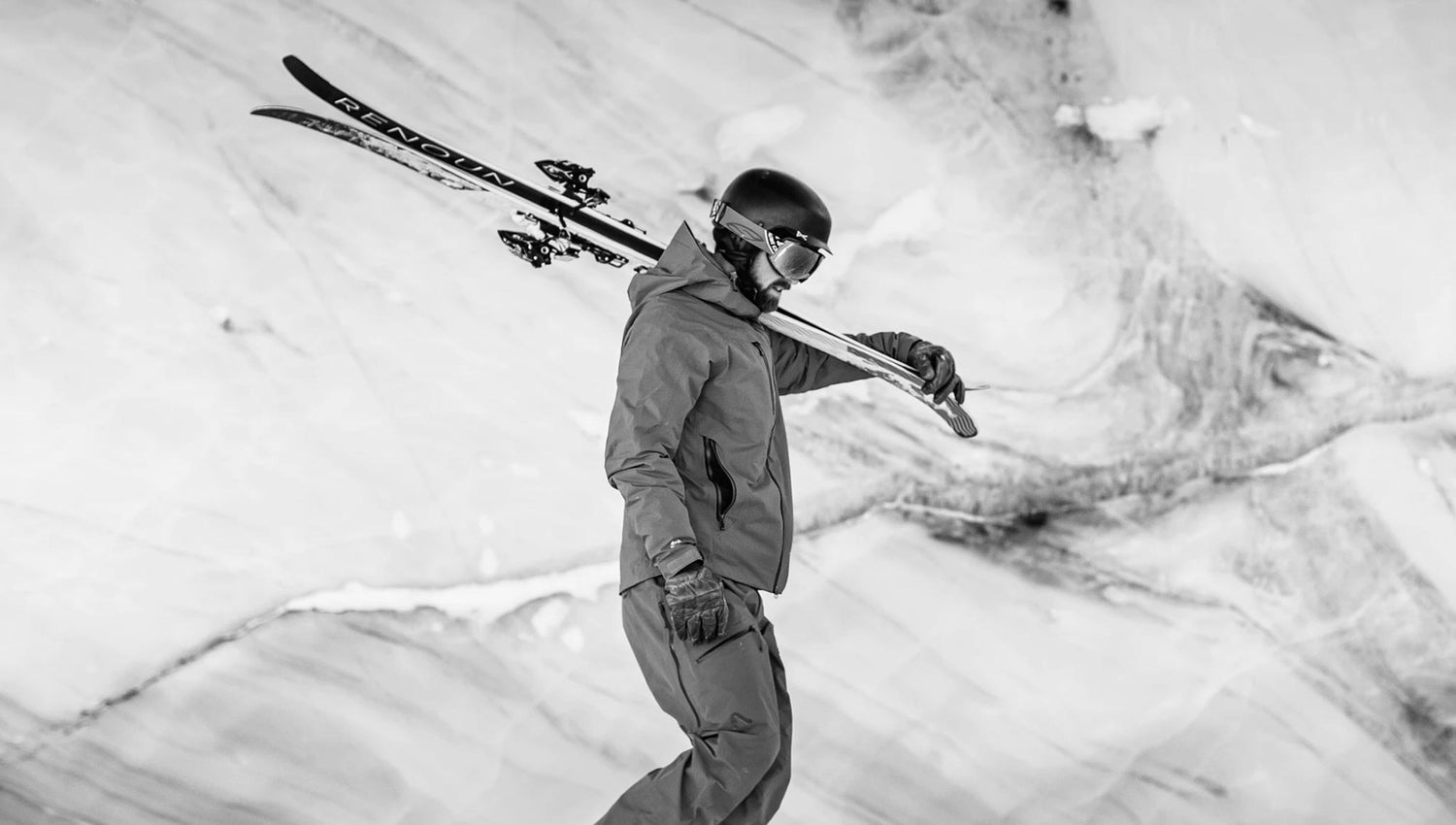


Leave a comment
This site is protected by hCaptcha and the hCaptcha Privacy Policy and Terms of Service apply.